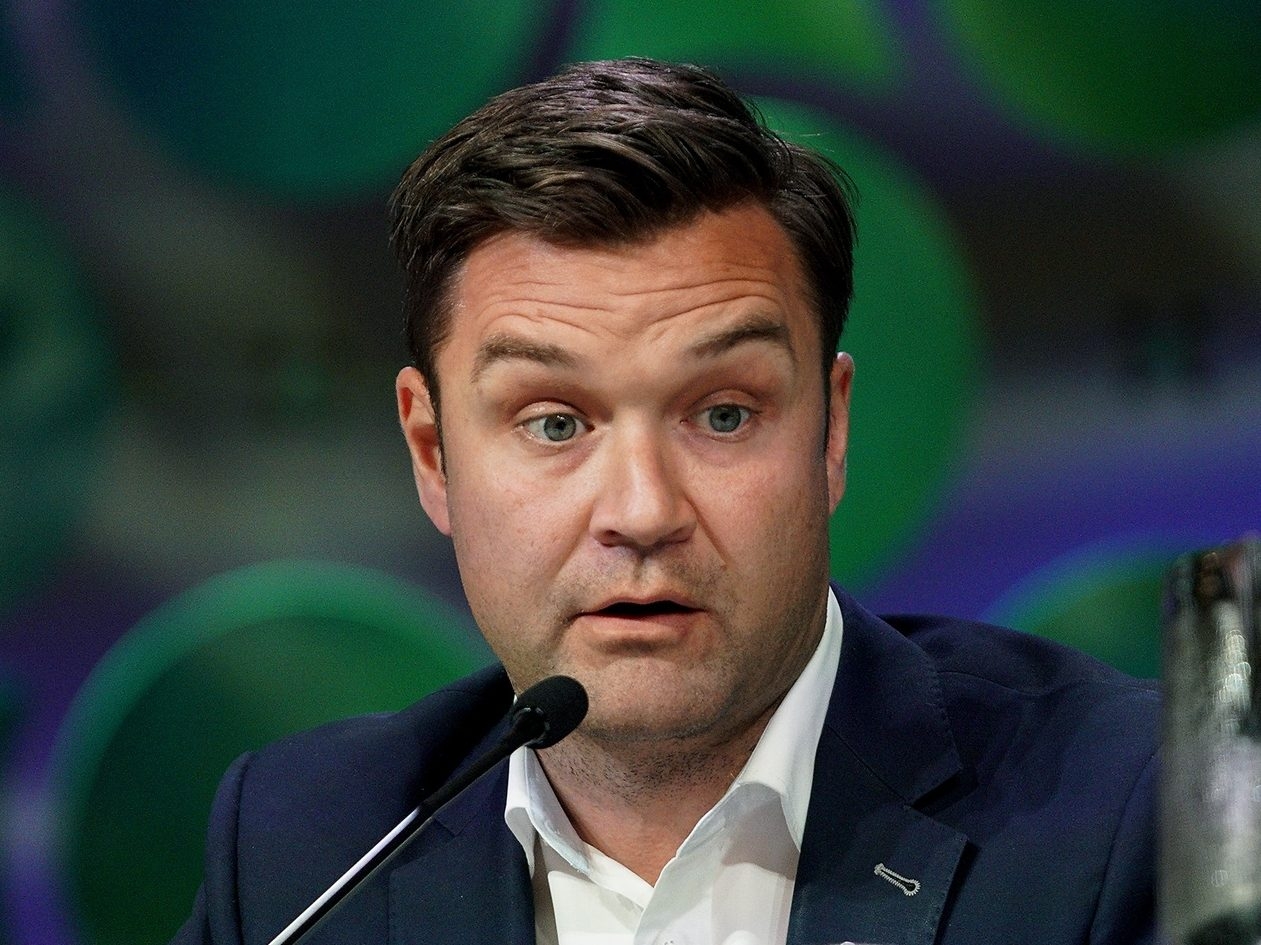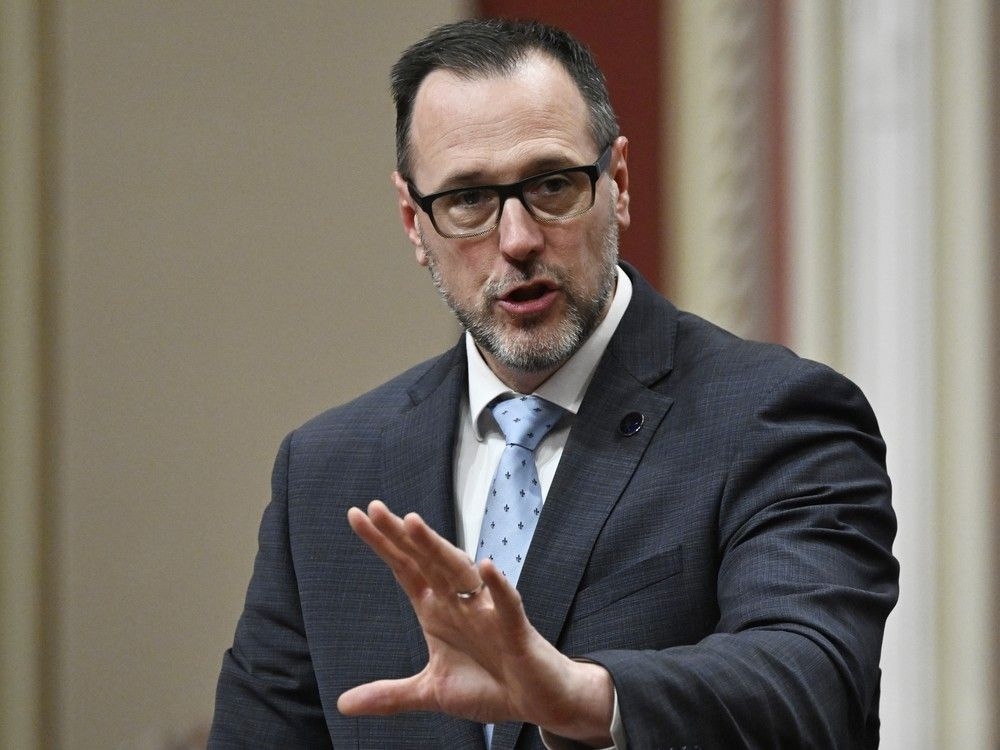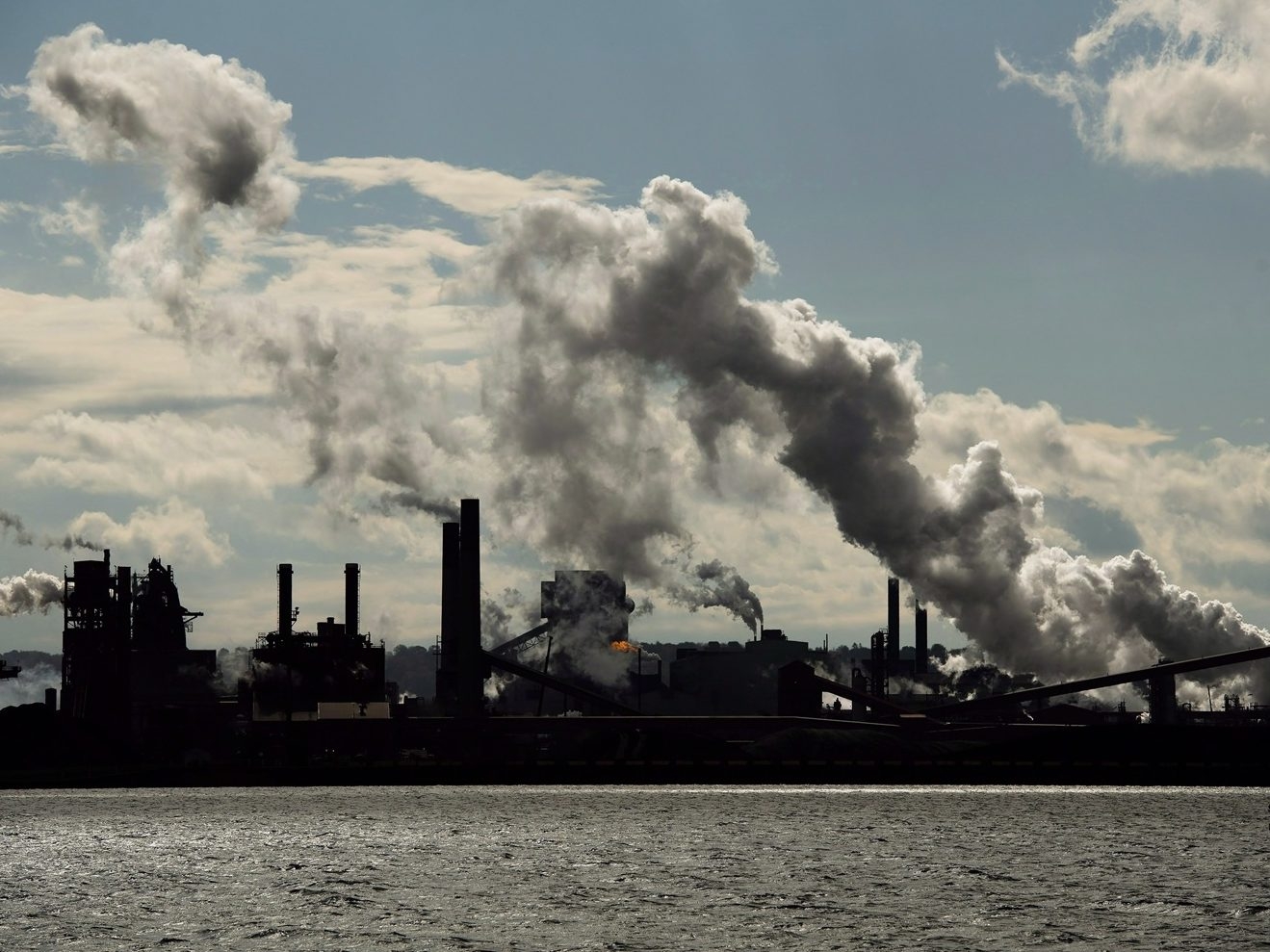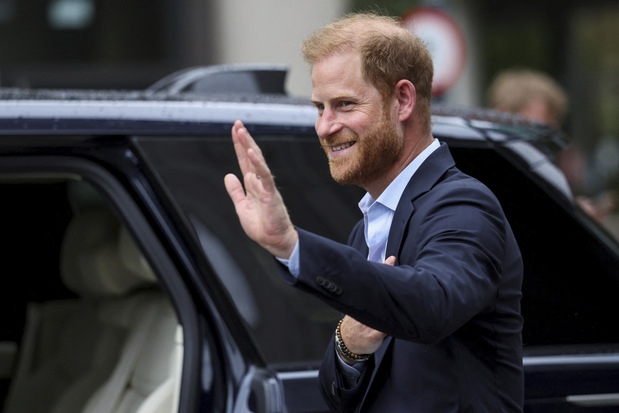A seismic shift rippled through the world of finance as Elon Musk secured a victory that could rewrite the record books, potentially making him the first trillionaire in history.
The outcome of a pivotal shareholder vote at Tesla’s annual meeting in Austin, Texas, was decisive: over 75% approved a compensation plan that hinges on ambitious performance targets over the next decade. This isn’t simply a raise; it’s a bet on Musk’s future, a gamble that he can propel Tesla to unprecedented heights.
The decision wasn’t without fierce debate. From individual investors to powerful pension funds, and even drawing commentary from the Vatican, voices questioned whether anyone – even a visionary like Musk – deserved such an astronomical reward. Yet, faith in his leadership prevailed.
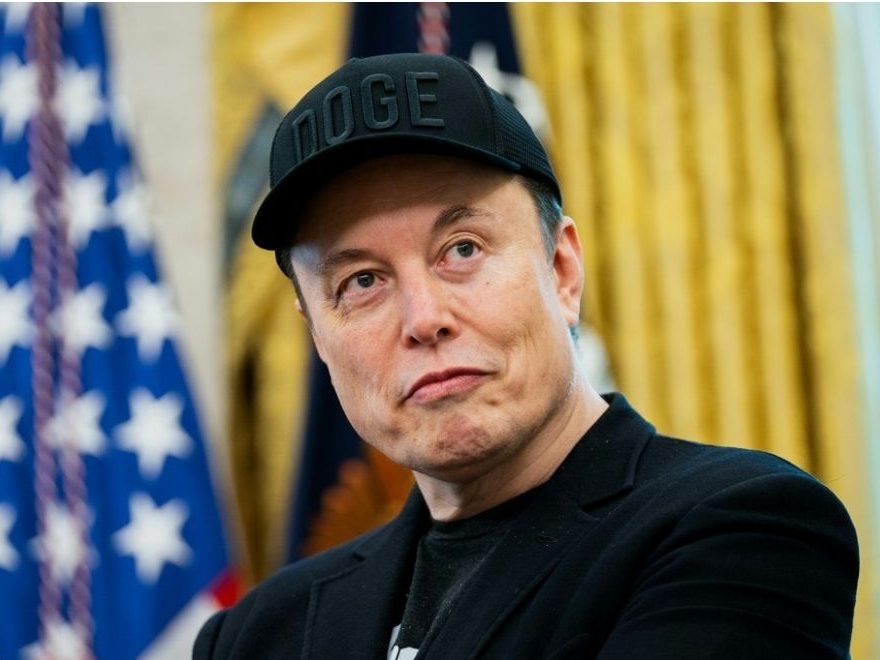
This vote arrives at a critical juncture for Tesla. Recent months have seen sales falter, market share erode, and profits shrink, partially attributed to Musk’s increasingly public ventures into politics and controversial statements. A 50% plunge in sales in Germany alone underscored the challenges ahead.
But Musk has a history of defying expectations. Investors remember a time when Tesla teetered on the brink of bankruptcy, only to be resurrected by his relentless drive and innovative spirit. He transformed a struggling startup into a global powerhouse, and many believe he can do it again.
The path to a trillion-dollar fortune is paved with extraordinary goals. Musk must increase Tesla’s market value nearly sixfold, deliver 20 million electric vehicles – more than double the company’s lifetime total – and deploy a “robot army” of one million humanoid robots, a project currently existing only in concept.
Incremental achievements along the way will unlock new shares, steadily increasing Musk’s wealth and potentially surpassing even the historical fortune of John D. Rockefeller, estimated at $630 billion in today’s dollars. Musk currently stands at $493 billion, according to Forbes.
Despite the resounding approval, significant opposition remained. Large funds like CalPERS and Norway’s sovereign wealth fund voiced concerns about the package’s excessiveness and Musk’s recent behavior. He even labeled dissenting corporate watchdogs “corporate terrorists” during a heated investor meeting.
Critics argued that Musk is already immensely wealthy and doesn’t require such an incentive to remain committed to Tesla. Some analysts deemed the package “absurd,” questioning whether any individual is worth such a staggering sum.
However, supporters believe this compensation is crucial to focus Musk’s energy on Tesla’s next evolution: becoming a leader in artificial intelligence. They envision a future powered by self-driving cars and a workforce augmented by Tesla robots, and see Musk as the only one capable of steering this transformation.
The vote wasn’t just about future potential; it was about preventing immediate crisis. Musk had hinted at potentially leaving the company, a scenario investors feared would send Tesla’s stock into a tailspin. The approved package effectively secured his continued leadership.
While Tesla’s stock saw a brief surge following the vote, it ultimately settled at $445.44. Yet, the true impact extends far beyond short-term market fluctuations. Musk insists the vote isn’t about the money itself, but about increasing his stake in Tesla to nearly 30%, granting him greater control.
He expressed concerns about entrusting his ambitious “robot army” to anyone else, hinting at potential dangers to humanity. This underscores the magnitude of his vision and the weight of responsibility he feels in shaping the future.
Shareholders also approved investments in Musk’s xAI venture and rejected a proposal that would have made it easier to sue the company, further solidifying his influence. The outcome of this meeting signals a clear message: investors are willing to bet big on Elon Musk and his audacious plans for the future.
